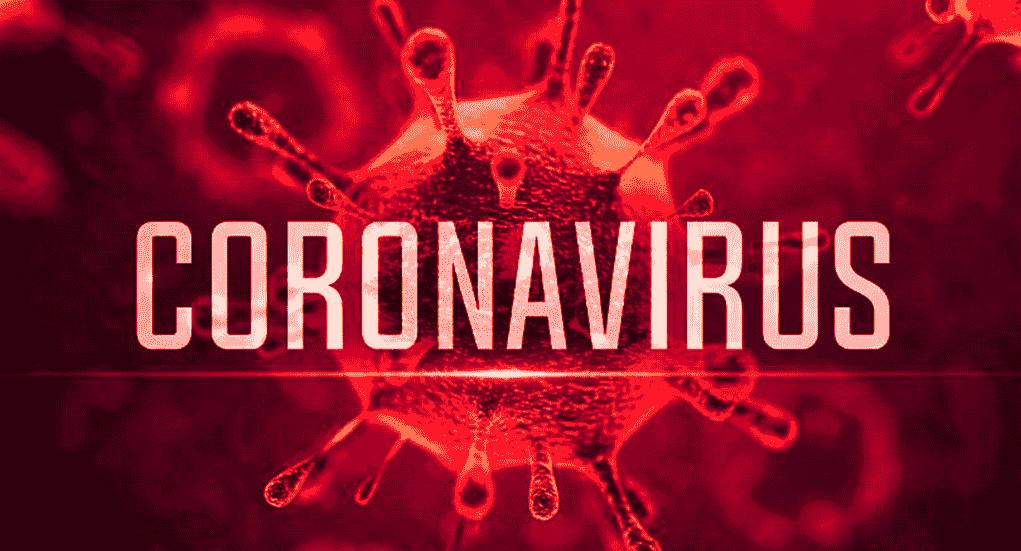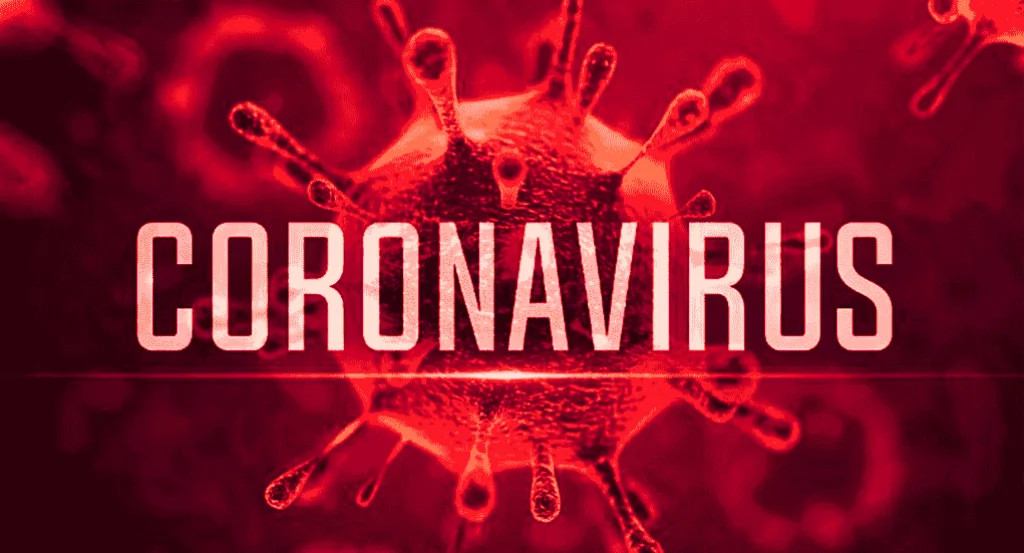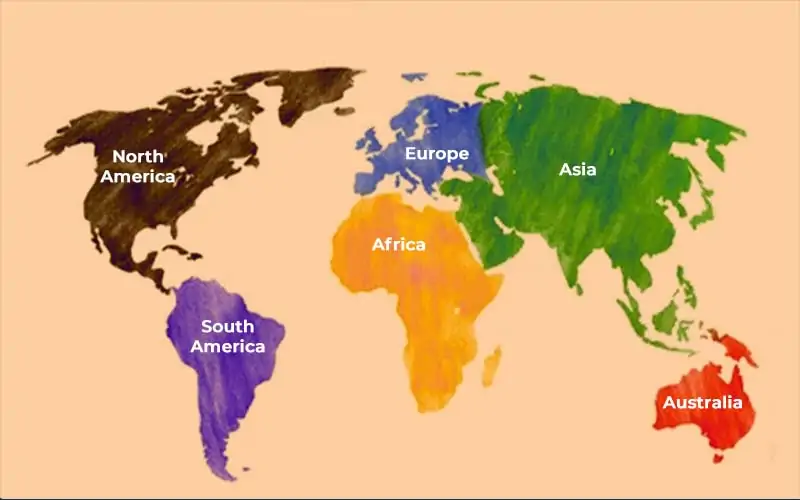Coronavirus Symptoms, Causes, Treatments

Coronaviruses are zoonotic, meaning they are transmitted between animals and people. Detailed investigations discovered that SARS-CoV was sent from civet cats to humans and MERS-CoV by dromedary camels to people. Several known coronaviruses are circulating in creatures which have not yet infected humans. Common signs of infection include respiratory diseases, fever, fever and shortness of breath and respiratory difficulties.
In more severe cases, infection can lead to pneumonia, severe acute respiratory tract, kidney failure and even death. Standard recommendations to avoid disease spread include routine hand washing, covering mouth and nose when coughing and coughing, thoroughly cooking meat and eggs. Avoid close contact with anyone displaying symptoms of respiratory illness like coughing and sneezing. There are no vaccines or antiviral drugs which are approved for prevention or treatment.

Many coronaviruses spread the same manner other cold-causing viruses dothrough infected individuals coughing and coughing, by touching an infected person’s hands or face, or by touching items such as doorknobs that infected people have touched. Just about everyone gets a coronavirus infection at least once in their lifetime, probably as a young child. In the United States, coronaviruses are more common in the autumn and winter, however anyone can come down with a coronavirus disease at any moment.
Symptoms of Coronavirus.
The indicators of the majority of coronaviruses are very similar to any other upper respiratory disease or common cold, including runny nose, coughing, sore throat, and sometimes a fever. In most cases, you will not understand if you have a coronavirus or another cold-causing virus, such as rhinovirus. You could get laboratory tests, including nose and throat cultures and blood work, to find out whether your cold was caused by a coronavirus, however there is no reason to. The evaluation results would not change how you treat your symptoms, which normally move away in a couple of days.
But when a coronavirus disease spreads to the lower respiratory tract (your windpipe and your lungs), then it can cause pneumonia, especially in older individuals, individuals with cardiovascular disease, or individuals with weakened immune systems.
Things To Do About Coronavirus.
There’s not any vaccine for coronavirus. To help prevent a coronavirus disease, do exactly the Exact things that you do to avoid the Frequent cold: Wash your hands thoroughly with soap and warm water or with an alcohol-based hand sanitizer. Keep your hands and fingers away from the eyes, nose, and mouth. Avoid close contact with people who are infected. You handle an coronavirus infection the Exact Same way you cure a cold: Get plenty of rest.





